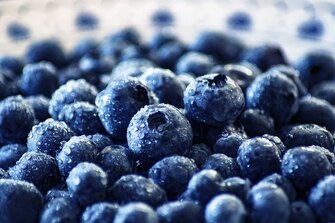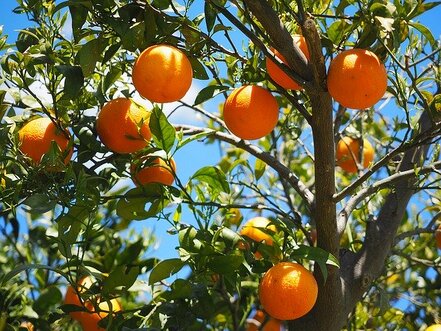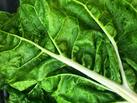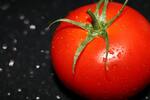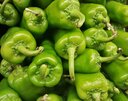Healthier than antioxidants in dietary supplementsANTIOXIDANTS Antioxidants are natural substances that prevent or inhibit oxidation and may protect cells from the damaging effects of oxygen free radicals, some forms of cancer, and reperfusion injuries. Diets high in vegetables and fruits are good sources of antioxidants and have health benefits. Antioxidants are found in citrus fruits (vitamin C), nuts (vitamin E), carrots (beta carotene), tomatoes (lycopene), chile peppers (capsanthin), berries (anthocyanin), and leafy green vegetables (lutein and zeaxanthin). Free radicals, oxidative stress, and antioxidants Free radicals are highly unstable molecules that form naturally when the body converts food into energy. They are also caused by environmental exposure to cigarette smoke, air pollution, and sunlight. Free radicals may induce oxidative stress, a process that can trigger cell damage and is thought to play a role in a variety of diseases, including cancer, cardiovascular disease, diabetes, Alzheimer’s disease, Parkinson’s disease, cataracts, and age-related macular degeneration. Antioxidant molecules have been shown to counteract oxidative stress in laboratory experiments, although it is debated whether consuming large amounts of antioxidants in supplement form actually benefits health. Consuming antioxidant supplements in excessive doses may in fact be harmful. THE SCIENCE Decades of dietary research findings suggest that antioxidant-rich foods help protect against disease. In observational studies, people who ate more vegetables and fruits were at lower risk for cardiovascular disease, stroke, cancer, and cataracts, although such studies do not control for the effects of other health-related factors including exercise, smoking, lifestyle, and disease risk. In laboratory experiments, antioxidants interacted with free radicals and stabilized them, thus preventing free radicals from causing cell damage. Rigorous scientific studies involving more than 100,000 subjects investigated whether antioxidant supplements helped prevent chronic disease, and in most cases antioxidant supplements did not reduce the risk of developing disease. Concerns have not been raised about the safety of antioxidants in food, but high-dose antioxidant supplements may be linked to health risks. Supplementing with high doses of beta carotene may increase the risk of lung cancer in smokers. Supplementing with high doses of vitamin E may increase the risk of prostate cancer and hemorrhagic stroke. Evidence on antioxidant supplement use during cancer treatment is conflicting. The National Cancer Institute recommends that cancer patients talk to their healthcare providers before taking supplements. Recent NCCIH and NIH studies on antioxidants:
ANTIOXIDANTS IN FOOD Vegetables and fruits are rich sources of antioxidants. There is good evidence that a diet abundant in vegetables and fruits is healthy. Research has shown that people who eat more vegetables and fruits are at lower risk for several diseases; however, these results may be related to the amount of antioxidants in vegetables and fruits, to other components of these foods, to other factors in people’s diets, or to other lifestyle choices. Health facts
ANTIOXIDANTS IN SUPPLEMENTS Antioxidant supplements do not replace a healthy diet or conventional medical care. Before considering a dietary supplement, get information from reliable sources. Antioxidant supplements cannot replace antioxidants consumed in foods The large doses of antioxidants used in supplementation studies are not the same as the smaller amounts of antioxidants consumed in foods. Differences in the chemical composition of antioxidants in foods versus those in supplements may influence their effects. For example, eight chemical forms of vitamin E are present in food, while vitamin E supplements typically include only one chemical form — alpha-tocopherol. Safety concerns with antioxidant supplements
TO LEARN MORE:
NCCIH Clearinghouse complementary and integrative health approaches https://nccih.nih.gov/ PubMed®, National Library of Medicine abstracts from scientific and medical journals https://pubmed.ncbi.nlm.nih.gov/ U.S. Department of Agriculture on antioxidants and phytonutrients in foods https://www.nutrition.gov/topics/whats-food/phytonutrients Disclaimer: Tell all of your healthcare providers about any complementary health approaches you use, to manage your health and to ensure coordinated and safe care.
0 Comments
|
�
AuthorKerilyn Sappington is the founder of Integrative Translations, which specializes in the Chinese to English translation of topics in conventional and complementary medicine. Archives
August 2022
Tags
All
|

